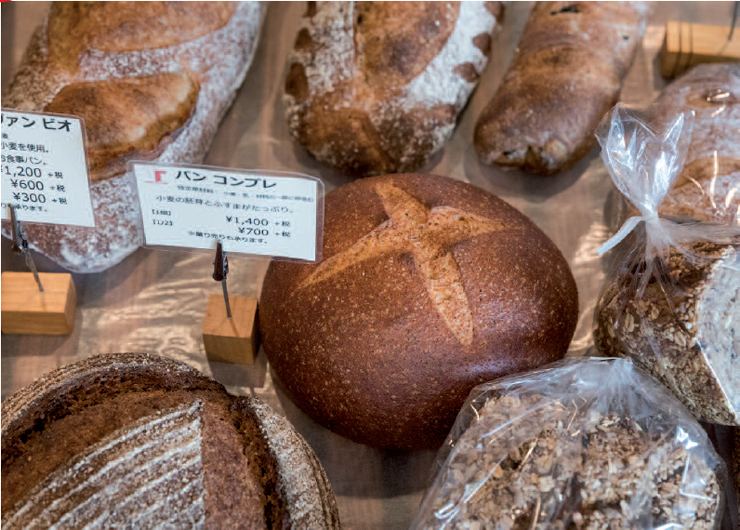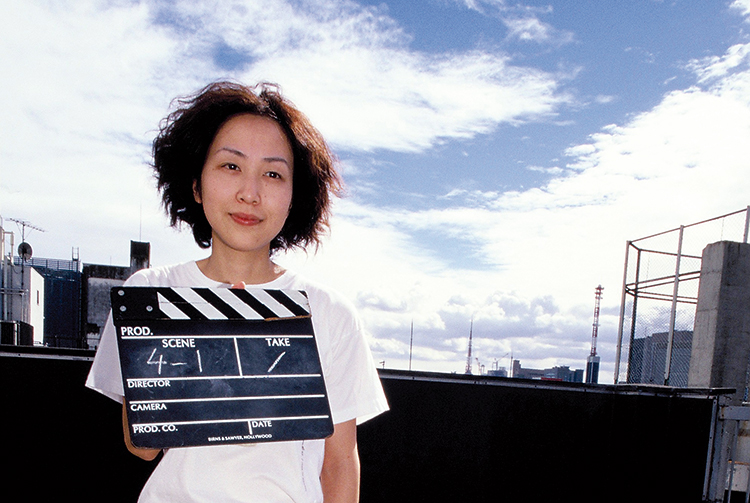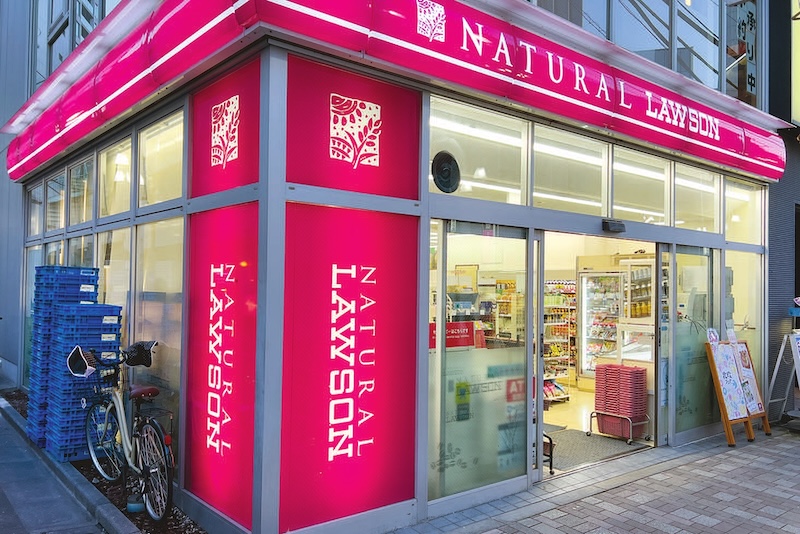
For Nhuong, a student from southern Vietnam, the important thing is not to forget her family.
Japan’s convenience stores are everywhere and offer a surprisingly wide range of products and services. According to the latest data, there are about 55,000 stores nationwide, and they cannot function without a steady supply of manpower, which now includes an increasing number of foreigners. Indeed, there are currently more than 80,000 foreign store clerks. They account for 10% of all part-time workers, and their number is still on the rise. 70% are international students attending Japanese language schools, vocational schools or universities.
7-Eleven, Japan’s largest convenience store chain, also has the most foreign part-time workers, with over 40,000 employees. By country, most are from Nepal, China, and Myanmar (as of February 2024). According to the company’s public relations department, ten years ago, the top-three nationalities were China, Vietnam, and Nepal.
In 1986, the Vietnamese government launched the Đổi Mới policy, promoting socio-economic initiatives aimed at leading the country to a socialist-oriented market economy. Amid rapid development, people began to seek a richer life and higher incomes, and in recent years, they have progressively moved away from agriculture, looking for work in the cities and even abroad. One of the foreign countries that many Vietnamese people chose to move to was Japan.
Japan has been an object of admiration among the Vietnamese since the 1990s as a country where they can earn a lot of money. National television stations often broadcast images of so-called developed countries and wealthier big cities, and Japan is admired as a place that recovered after World War II and achieved the fastest economic development in Asia. In other words, the Vietnamese people’s interest in Japan centers on how rich Japan is, rather than on traditional culture and cultural ties. As a country with a high standard of living and technological capabilities, it quickly became a sort of promised land.
However, the number of Vietnamese students coming to Japan has halved compared to before Covid-19. Due to the weak yen and high prices, Japan has become a country where it is difficult to earn money, and restrictions on the hours of part-time work allowed for international students have become stricter. As a consequence, more people are going to Korea, where they can earn higher wages even with a student visa.
21-year-old Nhuong is part of the dwindling Vietnamese student community in Japan. “I was born in a small town about 100 kilometers from Ho Chi Minh City,” she says. “I came to Japan with my cousin after graduating from high school. I’ve worked part-time at Lawson in Tokyo for more than two years. My dream for the future is to become an interpreter.”
Japanese convenience stores are familiar names in Vietnam. MiniStop opened its first store in 2011, followed by Family Mart in 2013, Lawson in 2016, and 7-Eleven in 2017. “I chose to work at Lawson because I think their food is the tastiest,” Nhuong says.
Among the people who work at Nhuong’s store there are Vietnamese, Nepalese, Mongolians, and even one Sri Lankan. “When I started,” she says, “the hardest thing about this job was having to learn new things, like operating the cash register, selling tickets, replenishing the coffee machine, cleaning, etc. But with the support of my coworkers, including the store manager, I managed to get through it. Cleaning is particularly hard, but I like it.”
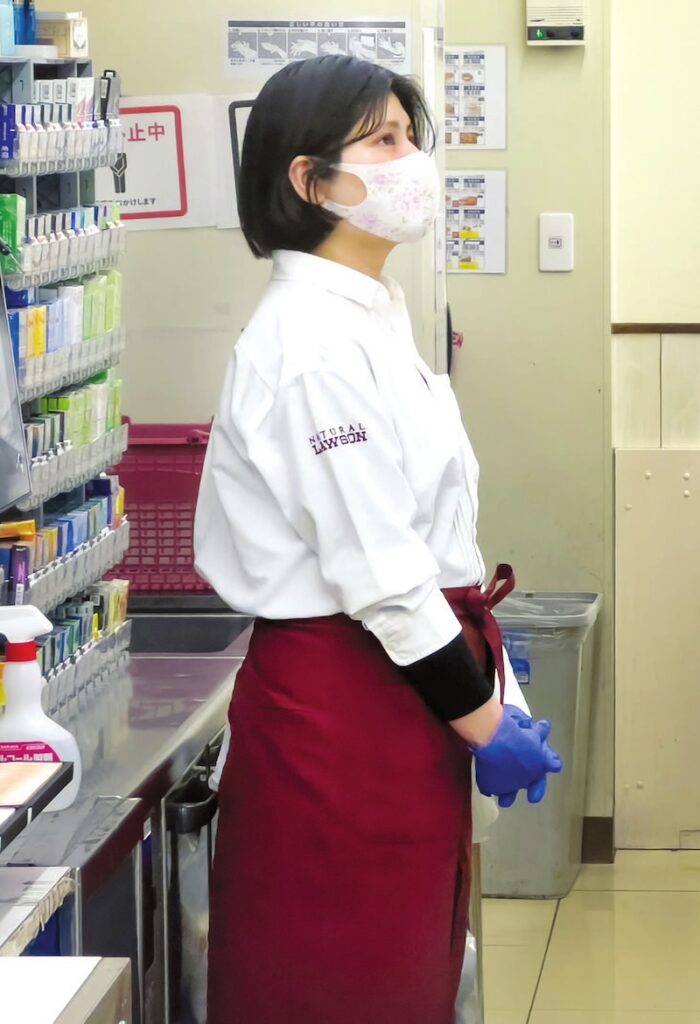
Nhuong writes down all the new words she comes across in a small notebook she bought at the store where she works, among them the names of products such as oden ingredients and yakitori. “At first, I didn’t know that oden was a food (laughs).” Not only does she learn words, but also a lot about Japanese culture and customs. “We don’t have the word ‘welcome’ in Vietnam,” she says. “Store staff don’t greet customers, so at first, I was embarrassed and couldn’t say it out loud. I also learned about ehomaki and Setsubun culture while working here.” [ehomaki is a thick, long sushi roll traditionally eaten during the Setsubun festival in early February.]
For Nhuong, adapting to life in Japan was not easy. “In Tokyo, it’s difficult because no one helps you,” she says. “For example, I moved into an apartment, but when I got there for the first time, there was no electricity or water. No one told me I had to contact the companies myself to get electricity, gas, and water.”
Coming from southern Vietnam, Nhuong laughs as she says she hates Tokyo’s cold winters. “At first, not being able to communicate was also a source of endless frustration,” she says. “Before coming to Japan, I had studied a little Japanese, but it wasn’t at a level where I could speak it well enough for daily life. Japanese is difficult, especially kanji. However, after a few months of studying, I could learn the basic Japanese necessary for this job. Now, after about three years, my Japanese has improved considerably. I can hold daily conversations in Japanese with almost no problems and can write simple emails. I’ve also learned Japanese songs and sometimes sing them at karaoke.”
For Nhuong, as for many other Vietnamese, the hardest thing about coming to Japan was being away from her family. “Family is a special thing for us,” she says. “Of course, you could say family is important to people around the world, but Vietnamese people’s family ties are particularly strong. That is also related to the fact that in South Vietnam, connections with people other than family are relatively shallow.”
Although the Vietnamese seem to have strong family ties, they do not form tightly knit communities. “I’m on friendly terms with some of my classmates,” she says, “but I don’t have any particularly close friends in Japan. There are Vietnamese people in my neighborhood, but I rarely speak to them and we are not close. There is a Vietnamese Buddhist Association in Tokyo, and I occasionally attend their events, but I don’t go there very often.”
One of Nhuong’s purposes in life is to help her family financially. “In Vietnam,” she says, “your family is something to rely on. It means that we are always ready to help each other. Parents raise their children, and when the children become adults, they take care of their parents. Now, many young people move from small towns and rural villages to big cities and use their income to support their families back home. In my country, it is considered a natural thing to do. It’s something we take for granted. My parents are not rich. They had to work hard to raise me, so I intend to look after them when they get old.”
Nhuong works about four or five times a week and earns about 160,000 yen per month. “I would really like to work every night, but I can’t because I would be too tired to study.” Japanese law further limits how much Nhuong can work. International students with a valid visa can work up to 28 hours per week during the school term and up to 40 hours per week during designated long-term holidays (e.g., summer and winter breaks). Exceeding these limits can lead to serious consequences, including visa revocation or deportation.
“I wish I had it easy like my cousin,” Nhuong says. “She is studying at Hosei University
and works a few hours at 7-Eleven, but mainly to meet people and improve her language skills. Her parents pay for her tuition and other expenses, so she is not struggling financially. Generally speaking, international students from countries like Vietnam don’t have the financial means she does.”
Life in Japan as an international student might be difficult, but Nhuong wants to help her family. “Whenever I can, I send a little money to my parents from what I earn in Japan,” she says. It’s hard because life in Tokyo is expensive, so I just send what I can. Every month is different. But this is also a natural thing for a child to do.”
Gianni Simone
To learn more about this topic check out our other articles :
N°149 [FOCUS] With the Vietnamese from Japan
N°149 [Encounter] Ties That Are Growing Weaker
Follow us !


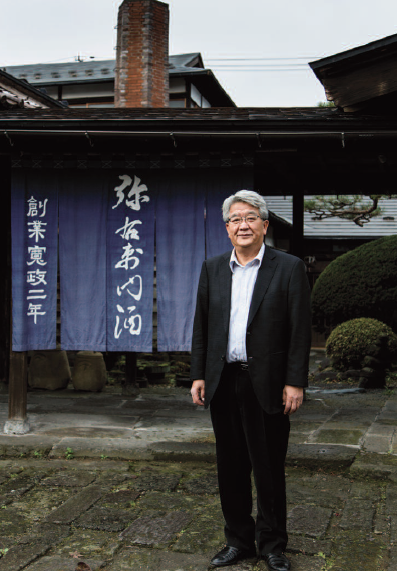
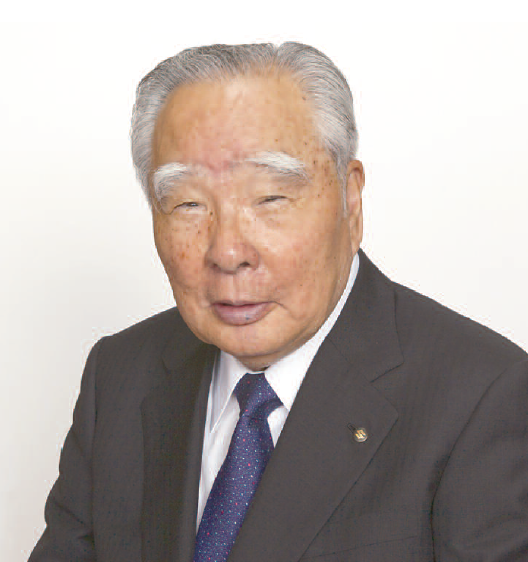
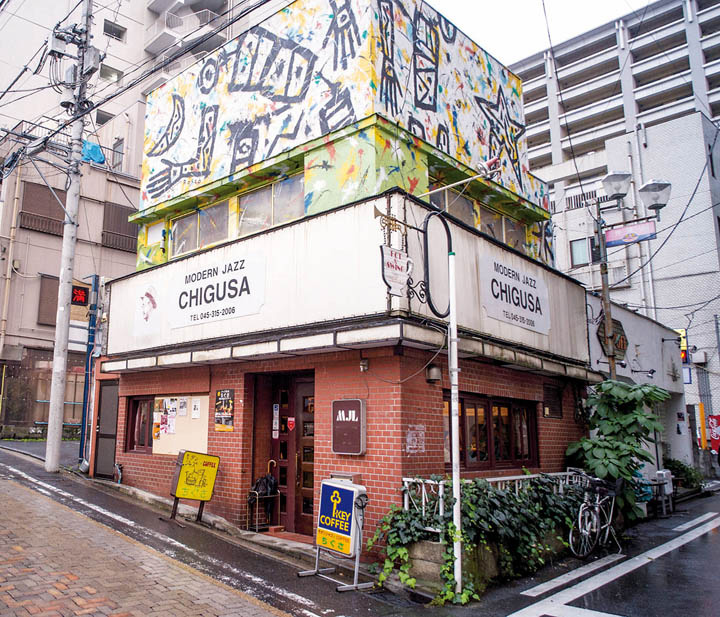
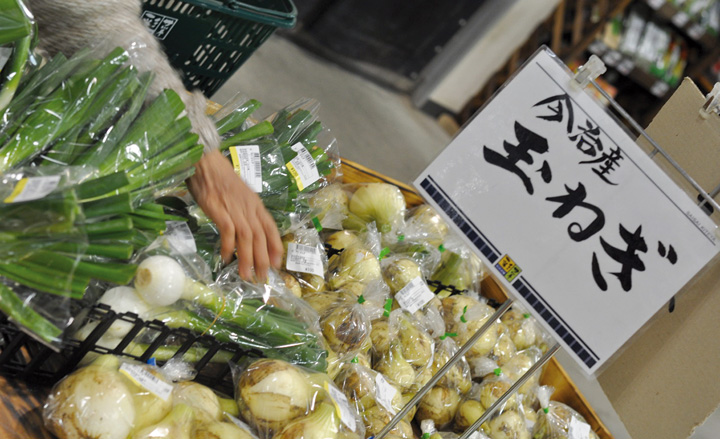
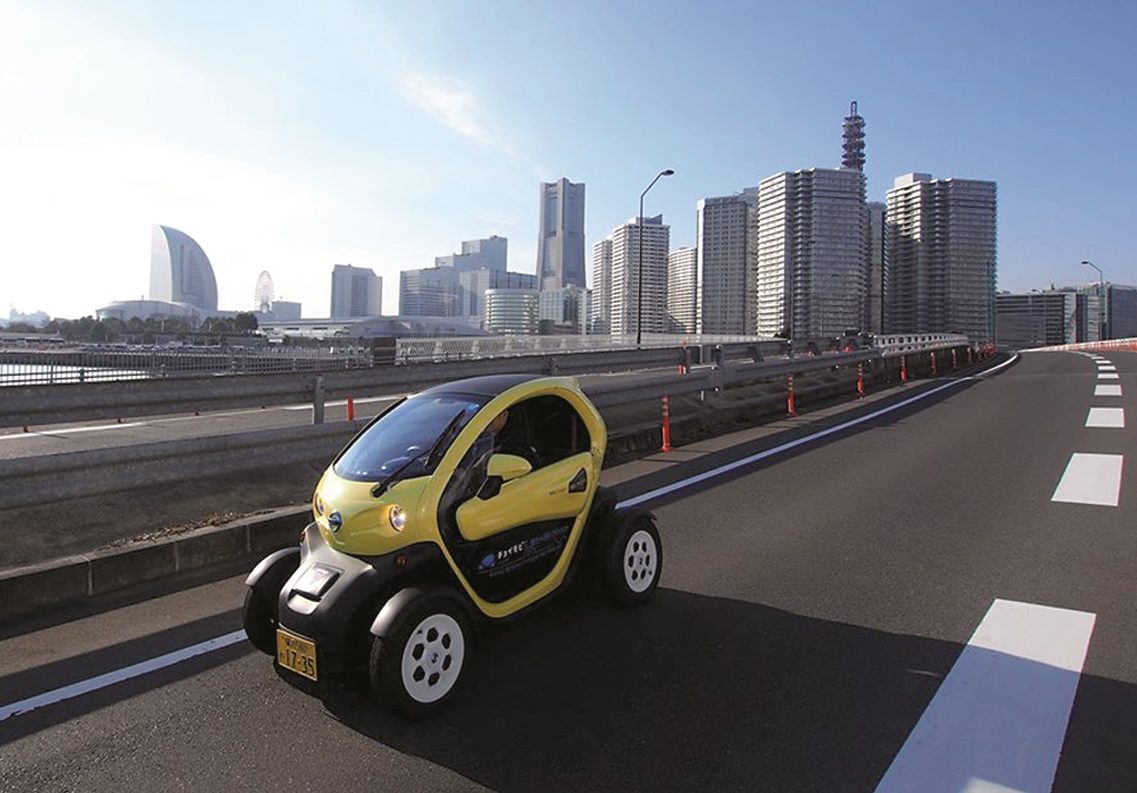
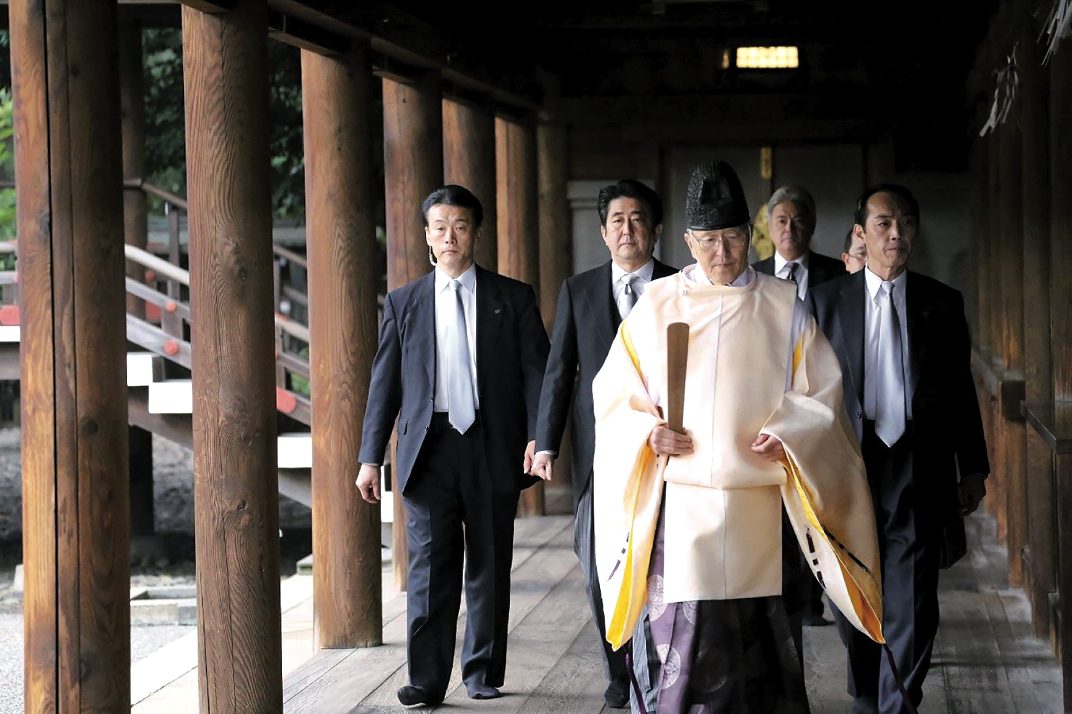
![No51 [MEMORY] A writer who cannot forget](https://www.zoomjapan.info/wp/wp-content/uploads/focus02.png)
